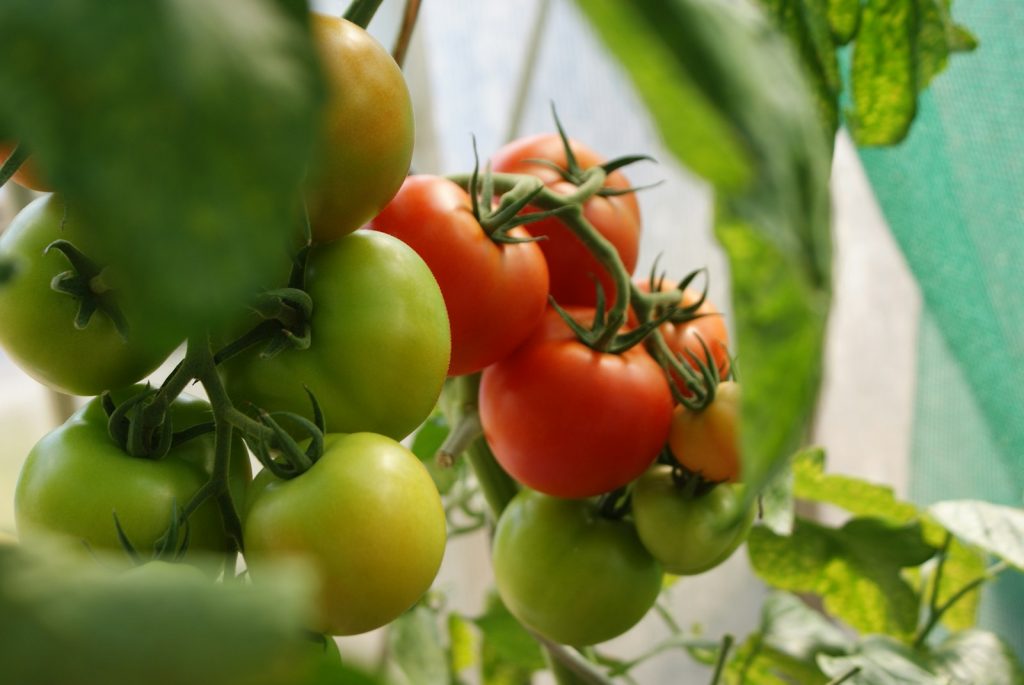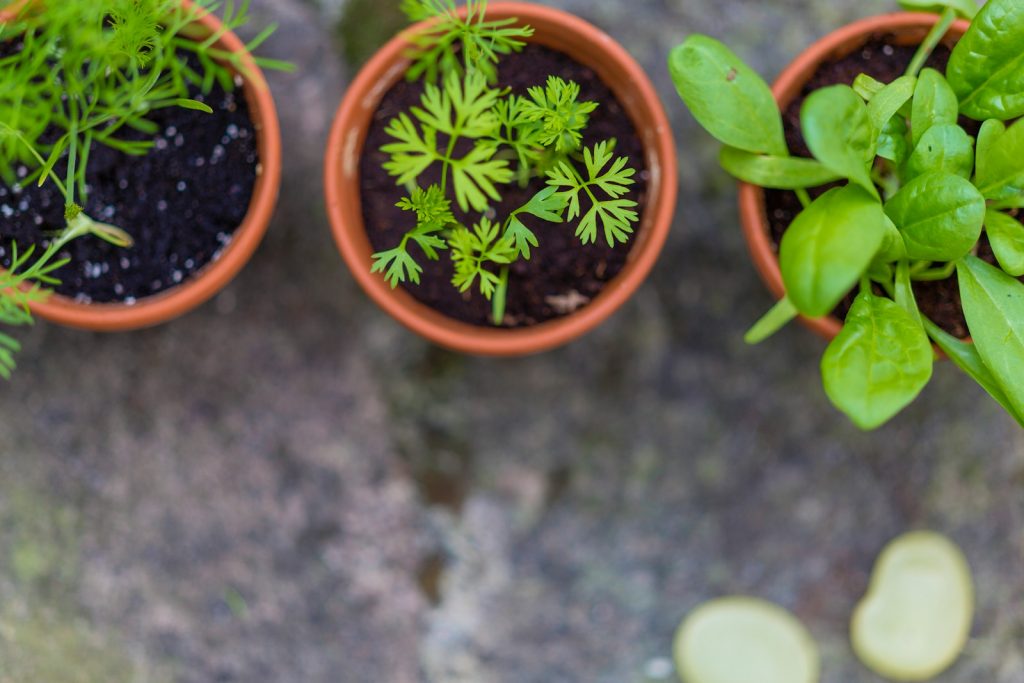The organic gardening movement has been blossoming rapidly worldwide. This holistic approach to cultivation avoids synthetic fertilizers, pesticides, and other chemicals, instead relying on natural, sustainable methods to grow healthy plants and build fertile soil. As environmental awareness increases, organic gardening advantages have become more apparent and desirable.

From protecting personal health to benefiting the planet to supporting local communities, the multitude of advantages of organic gardening make converting your green thumb a wise choice. Let’s explore the many compelling reasons to adopt this eco-friendly practice.
What is Organic Gardening, and Why is it Important?
Organic gardening is a low-impact system that works harmoniously with nature’s ecosystems rather than disrupting them. It revolves around several core principles:
- Building fertile soil through composting and cover cropping instead of synthetic fertilizers
- Controlling pests through manual removal, companion planting, and organic pest control products rather than synthetic pesticides
- Fostering biodiversity and avoiding monocultures
- Conserving water through intelligent design and soil management
- Using renewable resources and recycling nutrients
This sustainable, cyclical approach mimics the resiliency and balance found in nature. By avoiding the heavy chemical inputs of conventional gardening, which can pollute environments, organic methods provide a pathway towards regenerative, environmentally friendly food production.
Organic Gardening Advantages for Personal Health
One of the most tangible organic gardening advantages is that organic gardening safeguards your health and well-being through reducing synthetic chemical exposure. Here’s how it achieves this:
A. Freedom from Synthetic Pesticides
Conventional agriculture utilizes a wide variety of synthetic pesticides, such as organophosphates, carbamates, and pyrethroids, to deter insects, fungi, weeds, and other threats. These chemicals can linger on produce.
According to research from USDA data, a notable percentage of popular fresh fruits and vegetables had detectable pesticide residues, including:
Pesticide Residue Detection Rates
- Strawberries – 30%
- Spinach – 75.3%
- Cherries – 27.9%
- Potatoes – 35.4%
Going 100% organic and prohibited from using these compounds prevents you from ingesting any potentially toxic pesticide residues.
B. More Nutrient-Dense Produce
Numerous studies show that organically grown fruits and vegetables often contain higher levels of essential vitamins, minerals, and antioxidants than conventionally grown counterparts.
For example, an analysis published in the Journal of Alternative and Complementary Medicine found:
- 27% higher vitamin C levels
- 21.1% more iron
- 27% higher phenolic compounds (antioxidants)
The natural way organic farmers build soil fertility through composting and crop rotations allows plants to optimize and absorb these valuable nutrients fully.
C. Lower Toxic Exposure
Beyond just residues on food, organic gardening practices help avoid direct pesticide exposure through drift, ground absorption, and application. This lowers risks for conditions sometimes linked to pesticide contact like:
- Certain cancers
- Reproductive issues
- Asthma
- Neurological problems
For example, a study published in Environmental Health Perspectives found that children born to mothers living near areas with heavy pesticide applications had significantly higher risks for neural tube defects.
By avoiding synthetic chemicals entirely, organic gardeners create a much safer environment for themselves and their families.
Environmental Benefits of the Organic Approach
While personal health motivates many to go organic, the environmental advantages of this sustainable system are equally vital. Here are some of the most impactful eco-friendly benefits:
A. Reduced Pollution and Soil Conservation
The heavy use of synthetic fertilizers, pesticides, and fungicides in conventional agriculture is a major source of environmental pollution and degradation.
These chemicals can run off fields and lawns into streams, rivers, and other water sources. The EPA estimates that agricultural sources like fertilizers and pesticides account for 70% of all freshwater contamination.
Organic gardeners avoid this issue entirely by using natural fertilizers like compost and manure, which release nutrients slowly and don’t contaminate water reserves. The lack of toxic pesticides also prevents residues from seeping into groundwater aquifers.
Additionally, composting, cover cropping, and no-till practices in organic systems build healthy, nutrient-rich soil with good structure. This leads to less erosion and fertile ground supporting plants for generations.
B. Increased Biodiversity
The avoidance of chemical pesticides allows a much wider variety of organisms, such as birds, beneficial insects, soil microbes, amphibians, and wildlife, to thrive in organic gardens and surrounding areas.
Research shows that organic farms and gardens support around 50% more plant species and 30-50% more birds, butterflies, beetles, spiders, and other creatures than conventional counterparts. This biodiversity makes for more robust, healthy ecosystems.
C. Water Preservation
With its focus on soil health and smart garden design, organic gardening uses water resources much more efficiently and sustainably. Here’s how:
- Composted organic matter improves soil structure to better capture and retain rainwater and irrigation
- Mulching prevents soil moisture evaporation
- Choosing native plants adapted to the local climate needs less supplemental watering
Studies indicate that organically managed areas use about 30% less water than conventionally managed areas.
Economic Pros of Going Organic
The decision to convert to organic gardening pays dividends beyond personal and environmental rewards. There are tangible fiscal benefits over conventional practices:
A. Lower Input Costs Over Time
The startup costs for an organic garden, such as raised beds, compost bins, seeds, and tools, can seem expensive upfront. However, those are largely one-time investments.
After the initial year, organic gardeners have minimal ongoing costs for fertilizers, pesticides, and other inputs compared to conventional gardeners, who must repurchase these products yearly. The compost and organic pest control “brews” can be made inexpensively from household items.
For example, according to surveys from the National Gardening Association, conventional gardeners nationwide spent an average of $700 per year on pesticides, fertilizers, gas, and other inputs. Most of those costs evaporate for organic gardeners who recycle natural materials on-site.
B. Higher Yields
While starting an organic garden from depleted soil requires patience, the yield potential increases dramatically over just a few years of building fertility.
A major analysis from the Rodale Institute’s Farming Systems Trial found that after an initial transition period, organic systems produced more corn (+31%) and soybeans (+33%) over 30 years compared to conventional systems. Crop yields were consistent and more drought-resistant in the organic systems.
So, while yields may start lower, focusing on composting, cover cropping, and smart practices results in productive, high-yielding crops and cost savings from not needing to buy replacements for failed plantings.

C. Potential for Premium Pricing
Organically grown produce is extremely desirable and can command premium prices at farmer’s markets, farm stands, CSA programs, grocery stores, and other retail avenues.
According to USDA data, organic products receive these price premiums on average:
- Organic plant-based proteins: 68% premium
- Organic grains and eggs: 82-86% premium
- Organic fruits and vegetables: 54% premium
By earning these higher profits, organic gardeners can offset their investment and labor costs for managing the garden over time.
Community and Social Impacts
Beyond personal economic incentives, the organic approach fosters a host of positive community and societal effects:
A. Bringing People Together
Tending a communal organic garden builds camaraderie, connection, and shared purpose amongst neighbors, families, and community members. It’s an enriching group activity connecting people to the local environment and food source.
Community gardens also provide green gathering spaces in urban environments and educational opportunities to learn about sustainable practices, food justice, and community resiliency.
B. Educating the Next Generation
As organic gardening becomes more mainstream, parents and school educators have plentiful opportunities to give children hands-on experience in these sustainable growing methods.
Lessons in an organic garden environment can cover science curricula like plant biology, soil ecology, pest management, nutrition, etc. It teaches children the importance of respecting natural processes and environmental stewardship from an early age.
C. Food Security and Nutrition Access
With most food traveling an average of 1,500 miles from farm to plate, community and household organic gardens increase self-sufficiency and resiliency against disruptions to industrial supply chains.
These locally-grown, fresh, organic food sources also provide healthy options in communities that may otherwise lack access to quality produce due to food apartheid conditions. Greater availability equals improved nutrition and wellness.
Conclusion: Organic Gardening Advantages
The advantages of organic gardening are numerous and compelling. From the personal health benefits of avoiding synthetic chemicals and ingesting more nutrient-dense produce to the environmental impacts of reducing pollution, conserving resources, and fostering biodiversity, this sustainable system aligns with creating a healthier world.
Moreover, the economic incentives of lower long-term input costs, higher yields, and potential for premium pricing make organic gardening a financially viable choice. And beyond the individual returns, these community gardens strengthen social bonds, educate youth, and address food insecurity.
With some upfront investments of time and money plus a commitment to natural, regenerative practices, any home grower can experience the incredible rewards organic gardening provides. As you witness your ecosystem coming to life and thriving without harsh chemicals, you’ll be cultivating not just vibrant plants but a more sustainable future for all.
Embrace the organic gardening movement and realize these multifaceted advantages in your yard, neighborhood, or community garden plot. The personal, environmental, and societal payoffs will be truly bountiful.

Leave a Reply